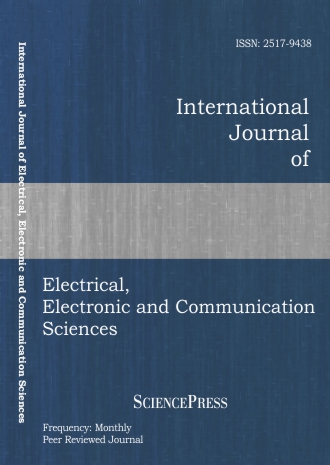
Scholarly
Volume:2, Issue: 1, 2008 Page No: 49 - 54
International Journal of Electrical, Electronic and Communication Sciences
ISSN: 2517-9438
Optimization of Communication Protocols by stochastic Delay Mechanisms
The paper is concerned with developing stochastic delay mechanisms for efficient multicast protocols and for smooth mobile handover processes which are capable of preserving a given Quality of Service (QoS). In both applications the participating entities (receiver nodes or subscribers) sample a stochastic timer and generate load after a random delay. In this way, the load on the networking resources is evenly distributed which helps to maintain QoS communication. The optimal timer distributions have been sought in different p.d.f. families (e.g. exponential, power law and radial basis function) and the optimal parameter have been found in a recursive manner. Detailed simulations have demonstrated the improvement in performance both in the case of multicast and mobile handover applications.